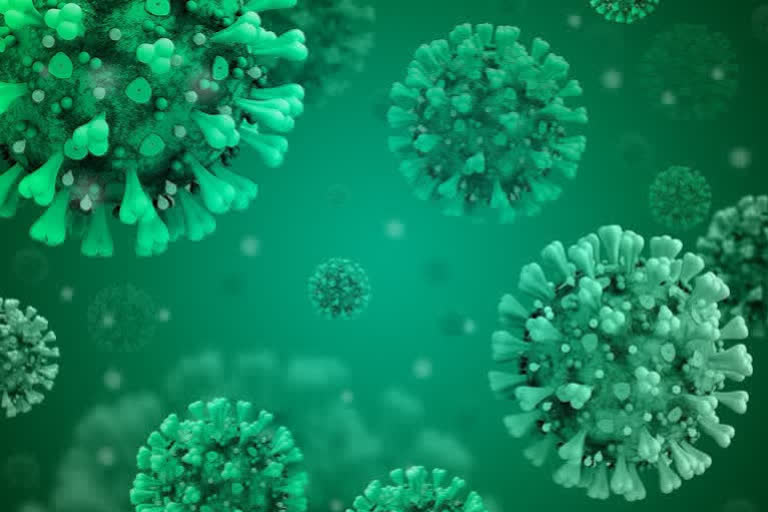New Delhi: India is hopeful that the introduction of a single dose Covid-19 vaccine in the country could speed up the ongoing vaccination process. "If single-dose vaccine comes to India, our vaccination process will speed up," said Dr VK Paul, chairperson of India’s Covid19 task force and a member of Niti Aayog. Dr Paul was referring to Russia’s Sputnik Light, a single dose vaccine during a press conference in New Delhi.
He said that the introduction of Sputnik Light, however, depends on regulatory approval and scientific data. "Before its introduction, we need to examine the vaccine. The immunogenicity of Sputnik Light will be examined," said Dr Paul. He also said that Johnson & Johnson is also coming with a single-dose vaccine.
It may be mentioned here that the single-dose Sputnik Light vaccine demonstrated 79.4 per cent efficacy according to analysed data taken from 28 days after the injection was administered as part of Russia’s mass vaccination program between December 5 and April 15, 2021. It has an efficacy level of almost 80 per cent is higher than that of many two-dose vaccines.
Also Read:Health Ministry requests States, UTs to prioritise beneficiaries of 2nd dose of COVID-19 vaccine
Referring to reports of 'mucormycosis' or black fungus among Covid-19 patients, Dr Paul said that the occurrence is natural and the correlation between mucormycosis and Covid-19 is not exclusive. He said that it is preventable. "If diabetes is under control, there is no reason to worry," DR Paul said. "The infection affects only those who have a high blood sugar level, despite the presence of Covid-19 infection".
"It is a fungus that breeds on wet surfaces. It is very uncommon to happen among patients who do not have diabetes. There are reports of this fungal infection among Covid-19 patients. But I want to assure all that there is no major outbreak and we are monitoring the cases at our level,” said Dr Paul.
Meanwhile, Dr K Vijay Raghavan, Principal Scientific Advisor to the government of India on Friday reiterated that the third wave of Covid-19 may not happen "if we take preventive measures." Dr Raghavan had recently said that a third wave of the pandemic is inevitable in India.
"If we take strong measures, the third wave may not happen in all the places or indeed anywhere at all. It depends much on how effectively the guidance is implemented at the local level, in the states, in districts & the cities everywhere," said Dr Raghavan.
